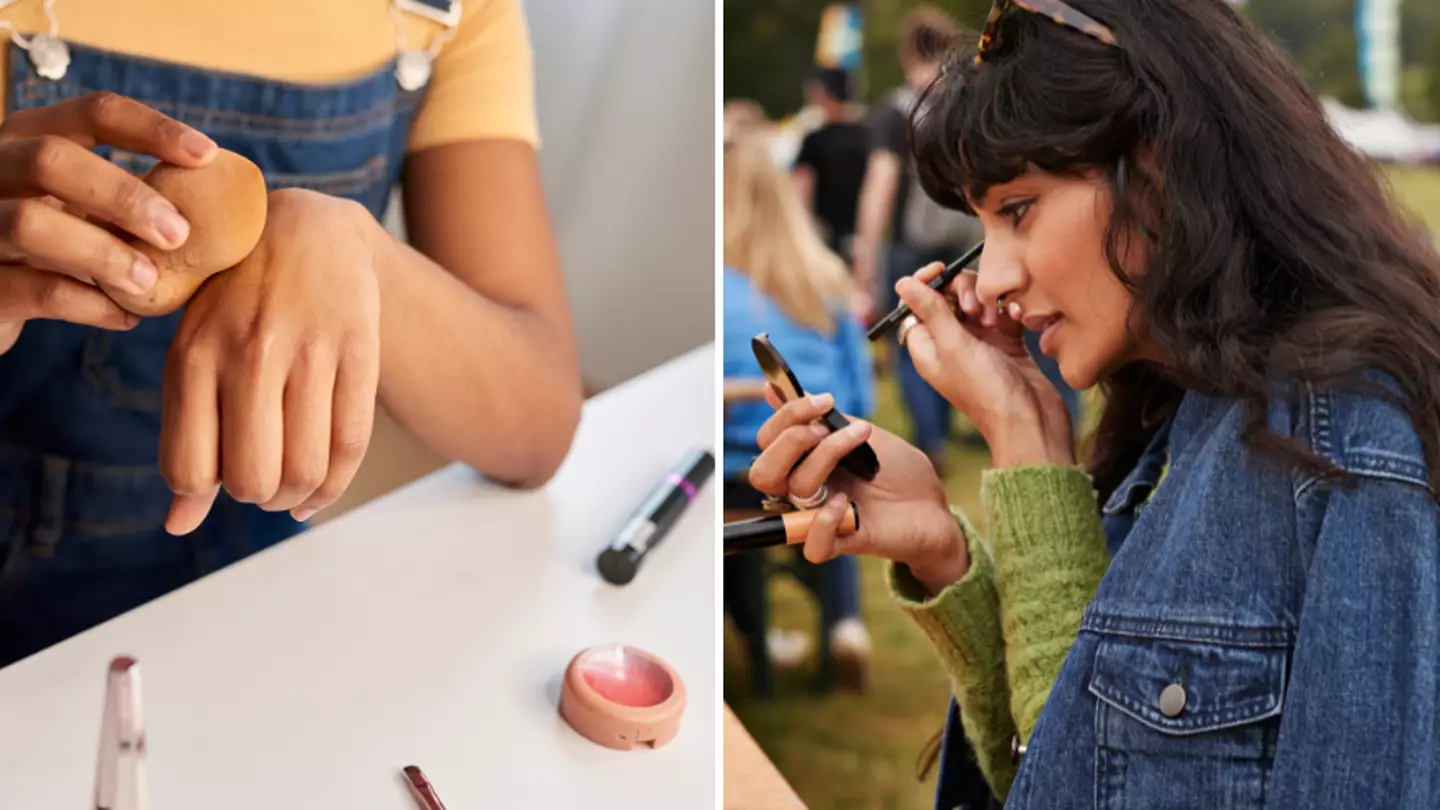
Some days, inspiration strikes and you want to dig out your makeup bag and try a new look - but some makeup habits a lot of us are guilty of could blind us.
While cosmetics are fun to play around with, there are serious health risks being flagged by those in the know, including ones that can terrifyingly impact our sight.
Professional services optician at Vision Direct, Nimmi Mistry, has dished the dirt to HuffPost about serious makeup no-nos.
Without further ado...
Doing your makeup on the move
Many of us will be guilty of this one. A quick swipe of mascara or lipstick on a tram, train or tube can't be that bad - right?
Advert
We apologise in advance for the verdict.
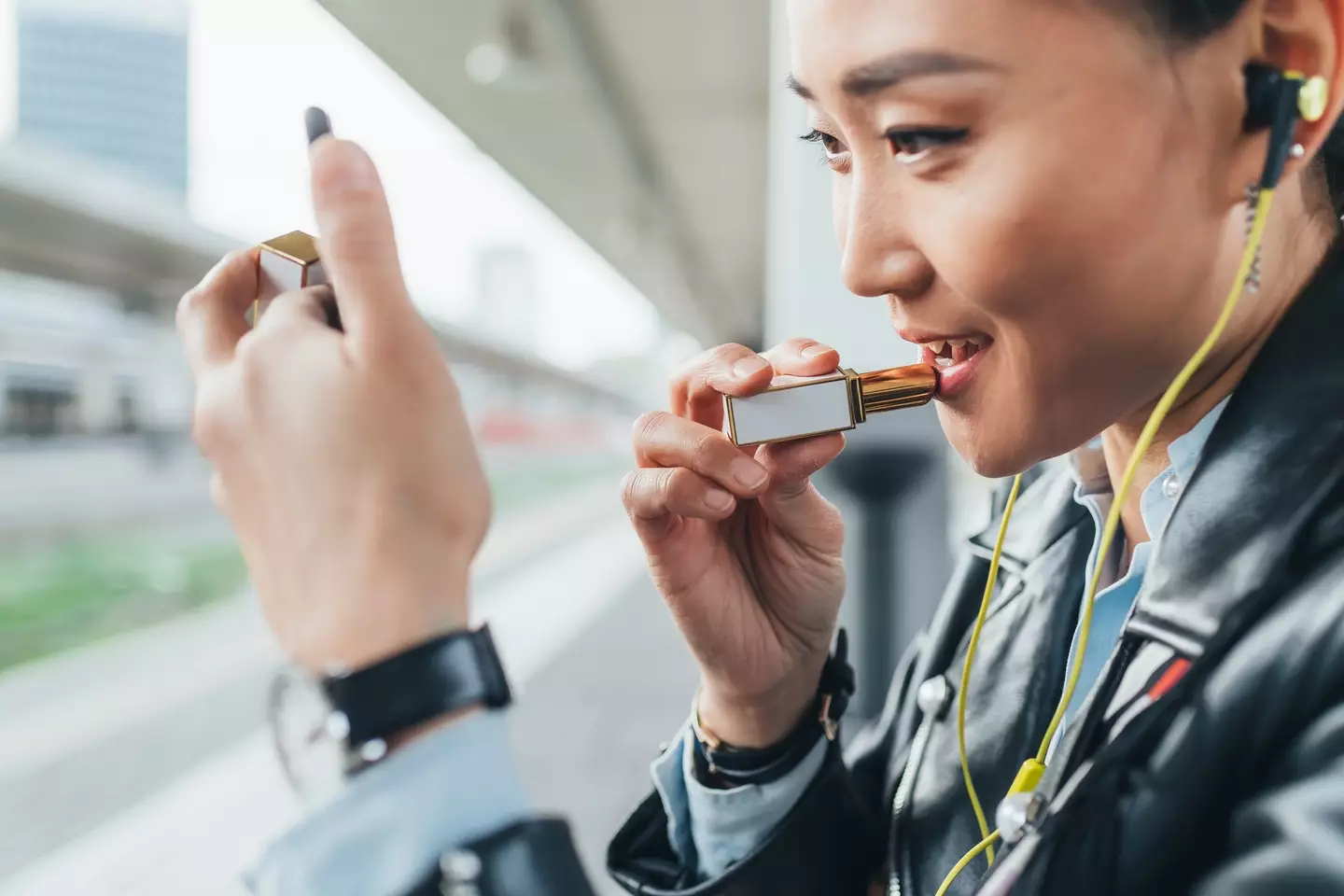
Vision Direct recently conducted a study, which took swabs on London tube lines to detect the bacteria hanging around and it's not a pretty sight.
The swabs in question returned the results that on just one Victoria line seat there were huge traces of high colony-forming units (CFU) of 16000 for E. coli.
Advert
As for the Metropolitan line, there were traces found of Pseudomonas aeruginosa (400 CFU) and Faecal Streptococci and enterococci (960 CFU) on the seat and the pole (80 CFU).
Shudders.
Mistry went on to add that this kind of bacteria can end up harming your sight. Symptoms to look out for are:
- Pain and Redness
- Discharge
- Blurry Vision
- Photophobia
- Ulceration
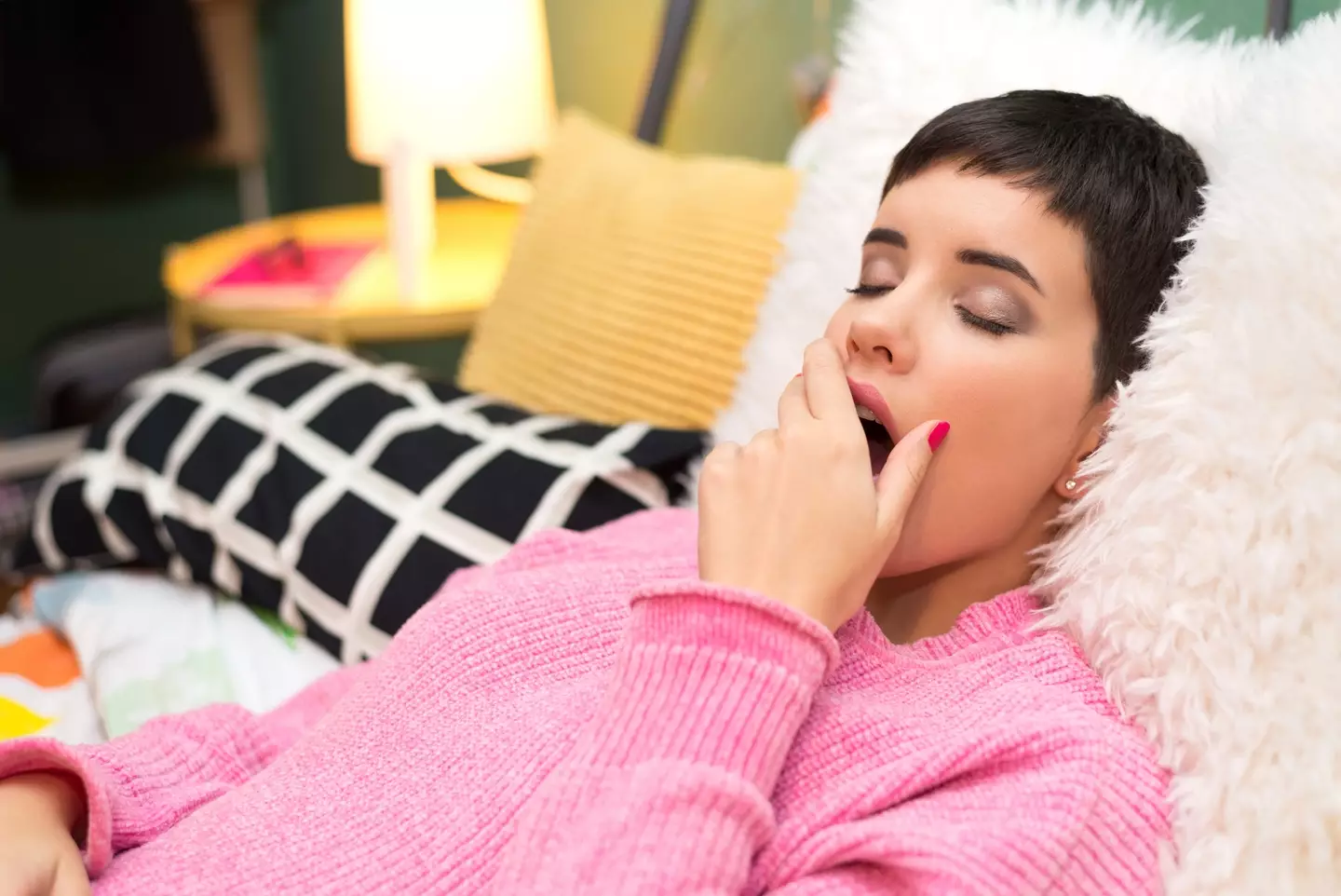
Sleeping in makeup
Also extremely common is falling asleep after a long day with the day's makeup still on your face.
Advert
It's not nice to think about, but easy to assume the only consequences will be feeling very not fresh in the morning and maybe a new spot or two.
Turns out the reality is much worse.
Mistry warned: "Not removing makeup before bed can cause makeup debris to make its way into the eye, leading to the cornea gets scratched, and rubbing your eyes in the morning can only make matters worse.
“Once you have a corneal abrasion, bacteria and fungi can more easily infiltrate the eye, leading to infectious keratitis.”
Advert
It's been determined that infectious keratitis is among the top five leading causes of blindness globally.
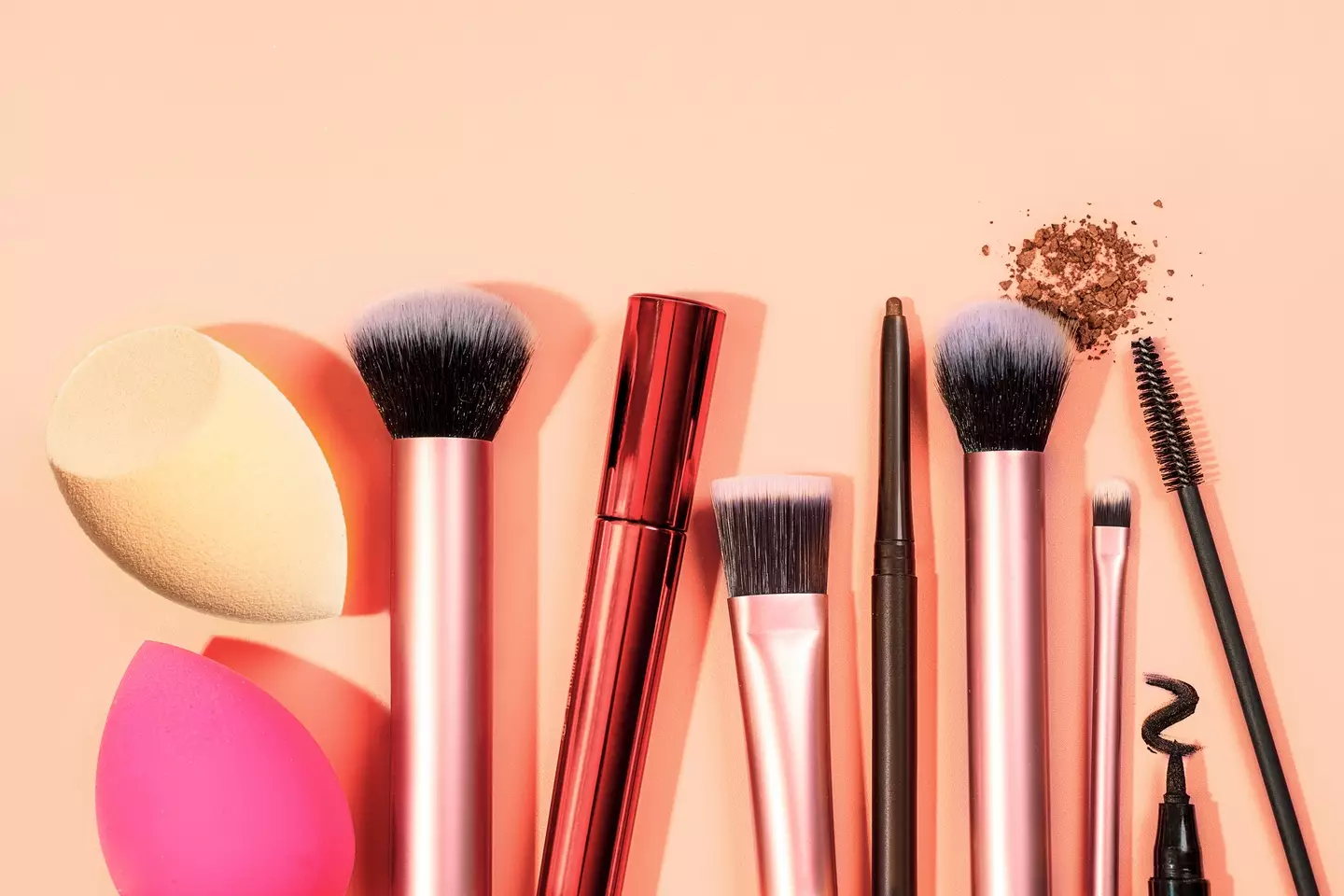
Not cleaning your brushes
It's so easy to yawn and say "I'll do it tomorrow" - but after reading this chances are you'll be doing it tonight.
Advert
Mistry shedded some light: “A 2020 study found that make-up brushes were found to have staphylococcus aureus present.
"This is a major pathogen of the eye able to infect the tear duct, eyelid, conjunctiva, cornea, anterior and posterior chambers, and the vitreous chamber.
“One infection this could lead to is bacterial conjunctivitis.”
Symptoms include:
- Yellow or green sticky discharge in one or both eyes that forms a crust during the night that may prevent your eye or eyes from opening in the morning
- Redness in one or both eyes
- Itchiness in one or both eyes
- A gritty feeling in one or both eyes
- Tearing/ watery eyes
- Photophobia
As for just how clean your brushes have to be? Mistry urges us to clean them every 7-10 days.
Not checking the dates
Makeup has expiration dates. Many people don't seem to know this, but they do - and it's imperative that you pay attention.
Face the Future ran a survey that determined more than 80 percent of people don’t track expiry dates on their makeup products.
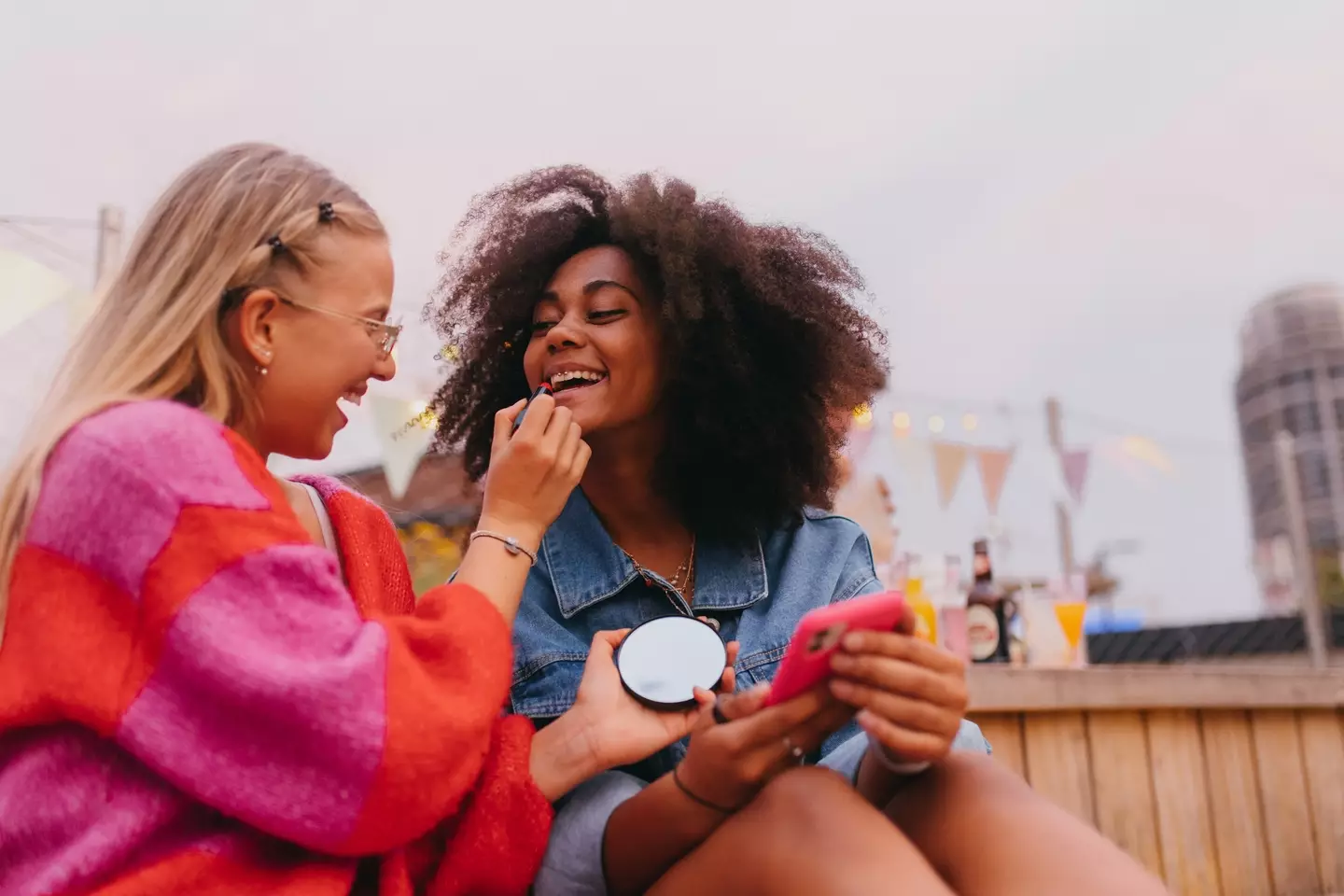
Mistry explained: “Even though makeup contains preservatives that help prevent bacteria from living in the products, they can still be contaminated with regular use.
“Take mascara for example, the spool touches the eyelashes and then is placed back inside the product. This happens repeatedly, often without the spool being cleaned, leading to the spread of bacteria to the eyes.”
Get checking those dates and don't put it off!
Sharing products
While it feels truly emblematic of girlhood to share our favourite makeup products, turns out it's probably best to stick to our own items.
Mistry gave the following advice: “Your eyes are the most sensitive part of your face which contains a lot of personalised bacteria so by sharing makeup you’re essentially trading germs.
“Cross-contamination occurs when you use the same brushes, mascara, eyeshadow and eyeliner with someone else.
"This person could have an infection such as bacterial conjunctivitis which is highly contagious.”
Turns out it can be really easy to spread infections with makeup use, and some people might not even know they have one to spread - so it's probably best to just steer clear.
Topics: Make-Up, Beauty, Life Hacks